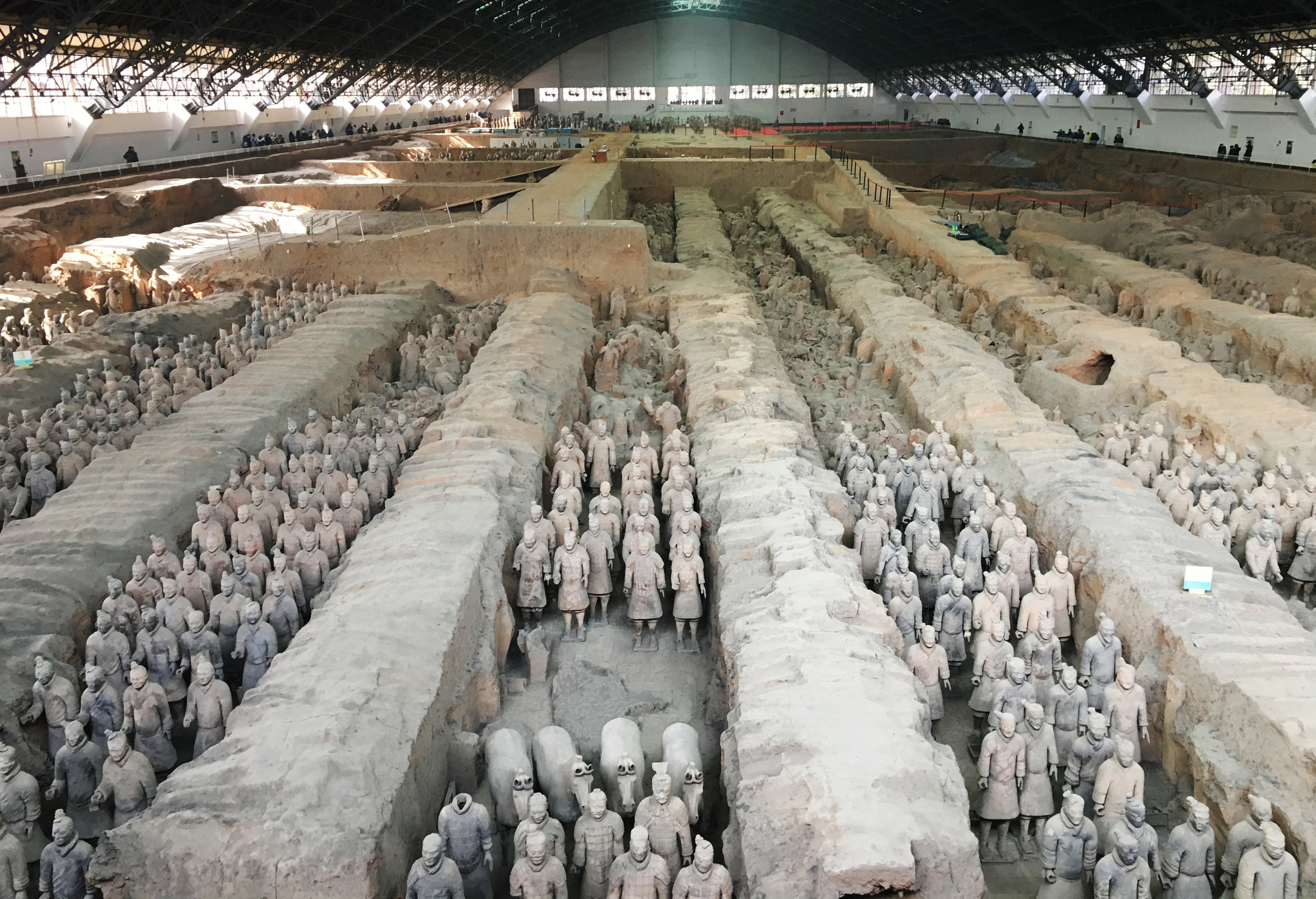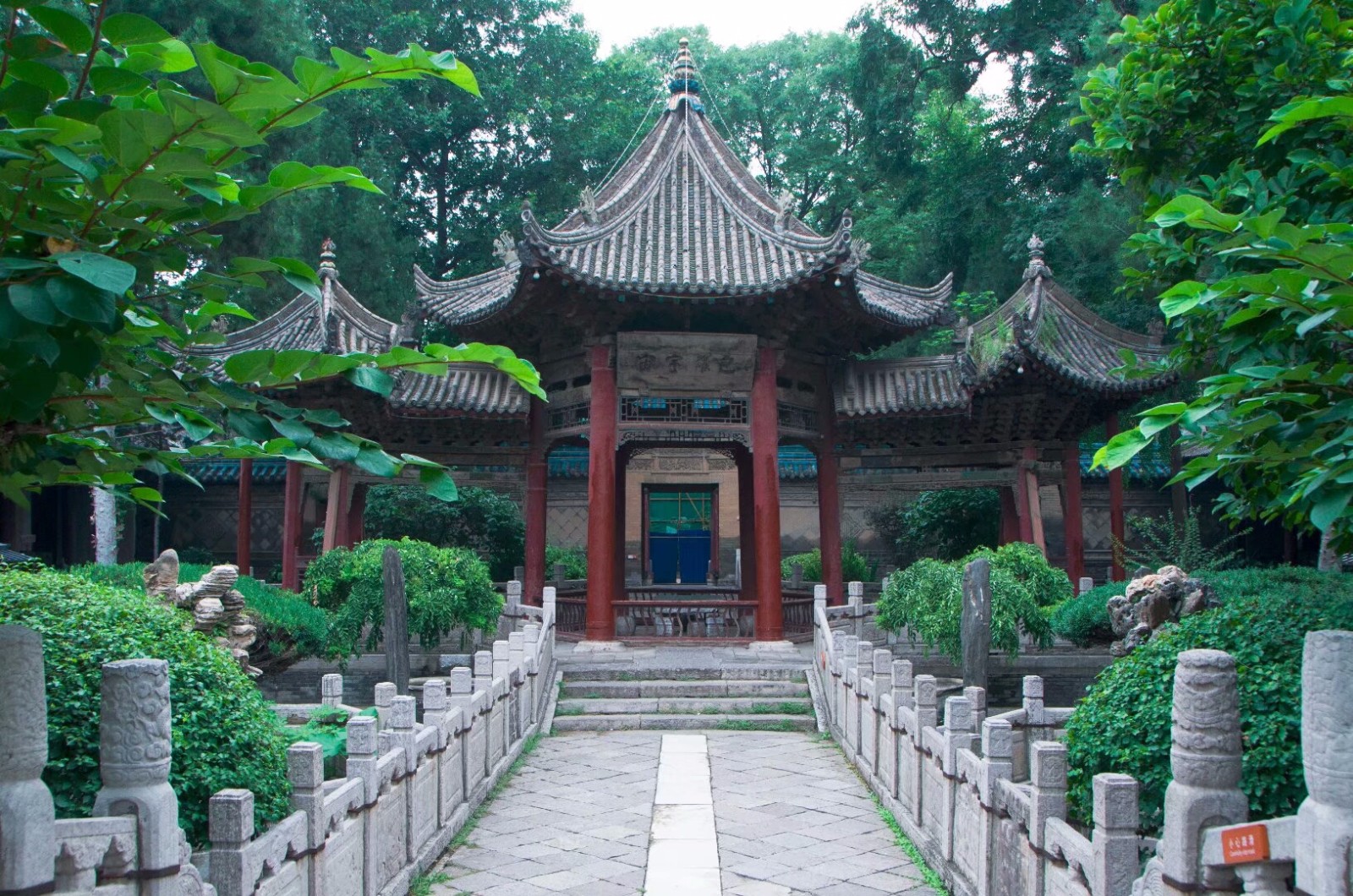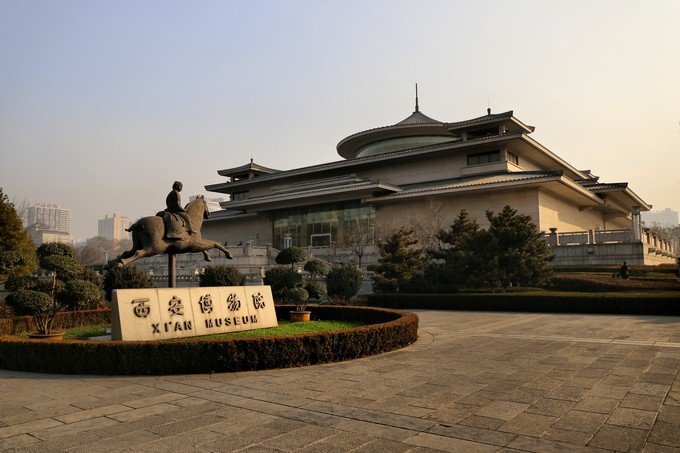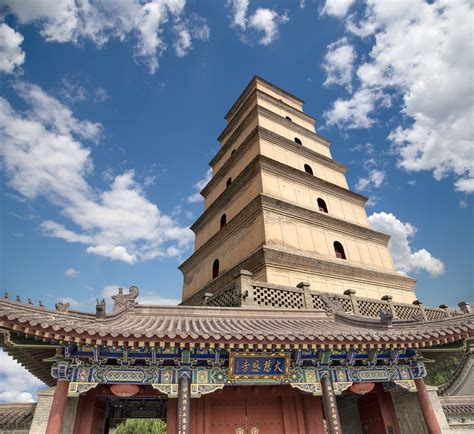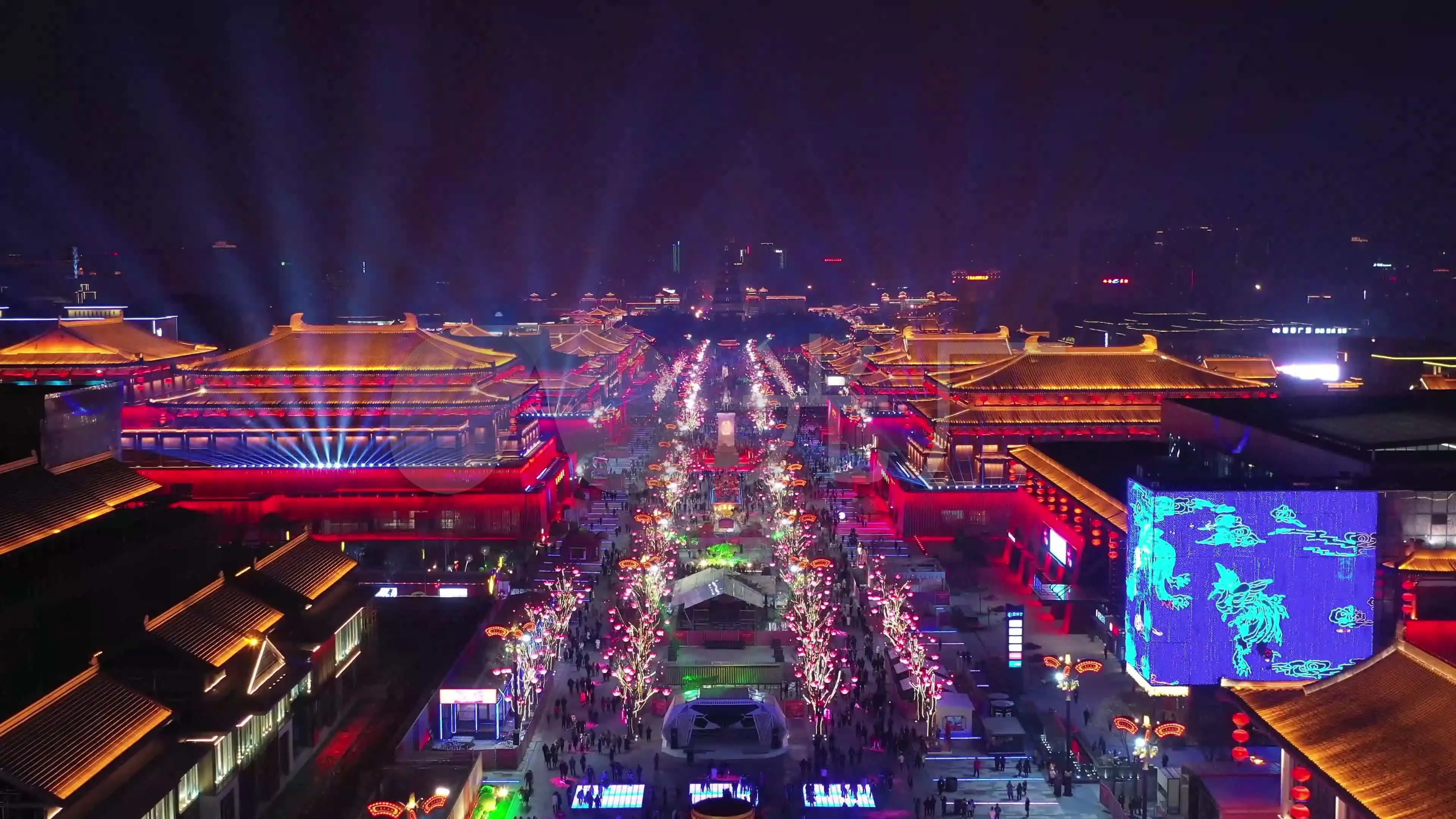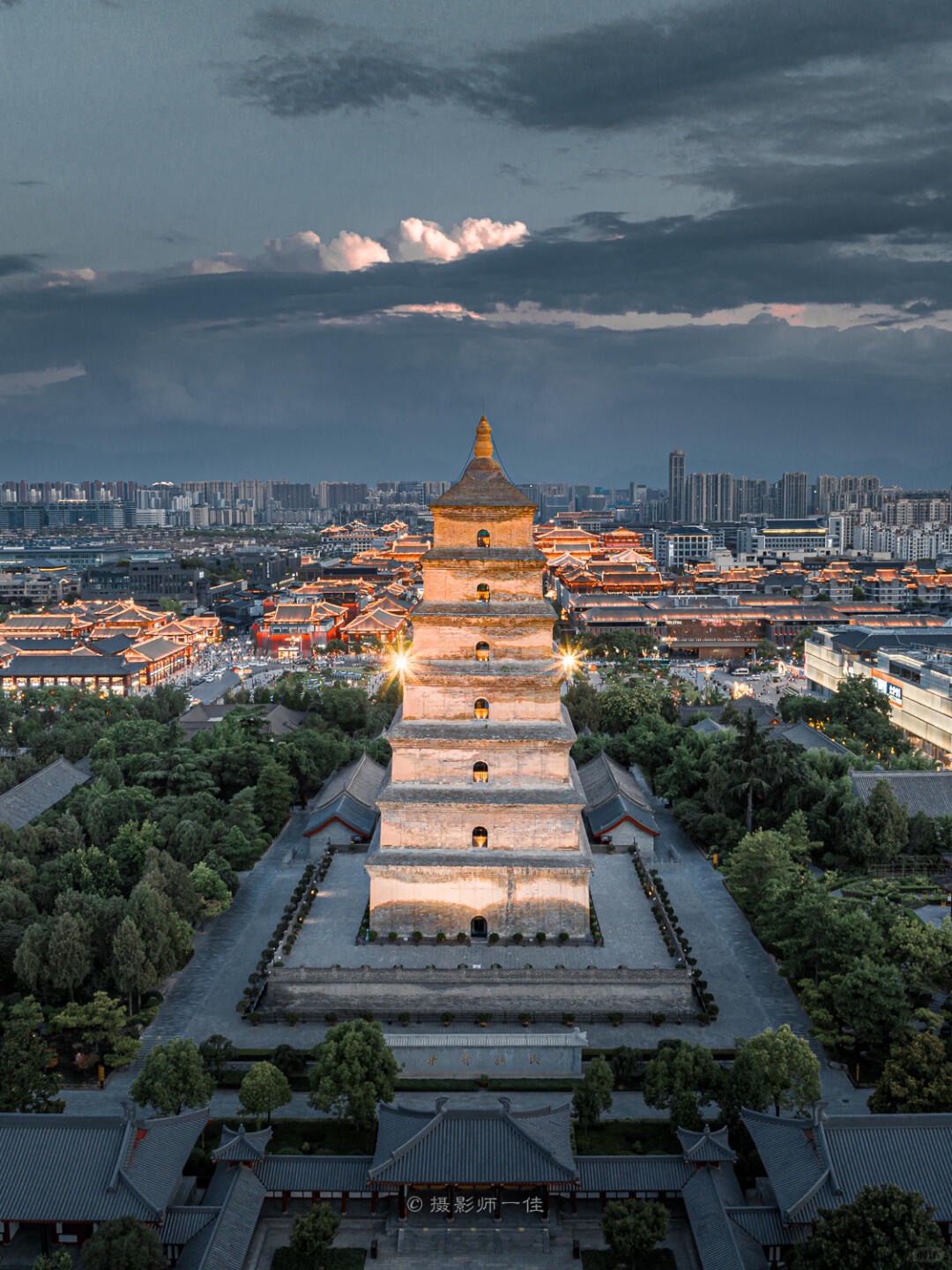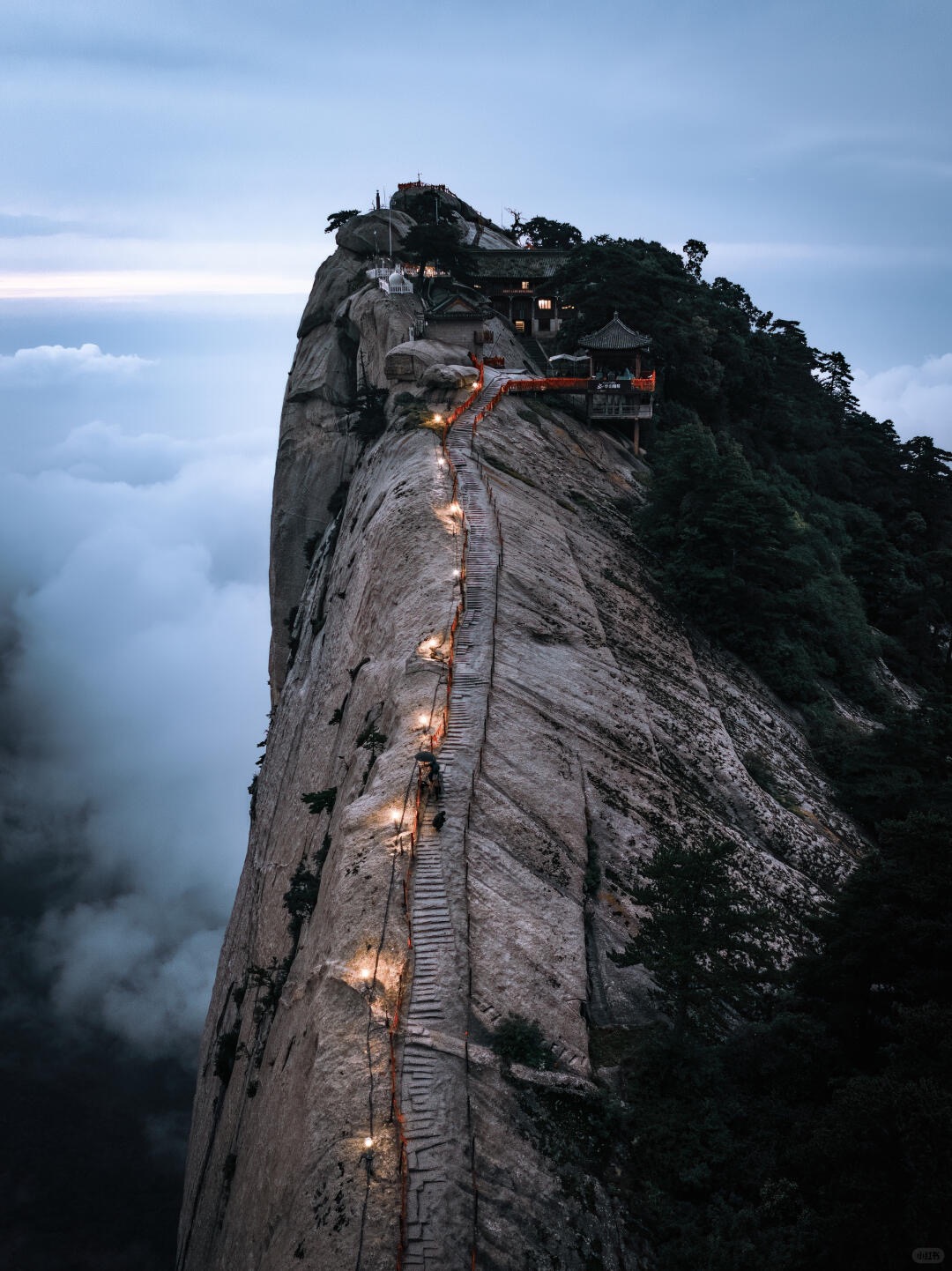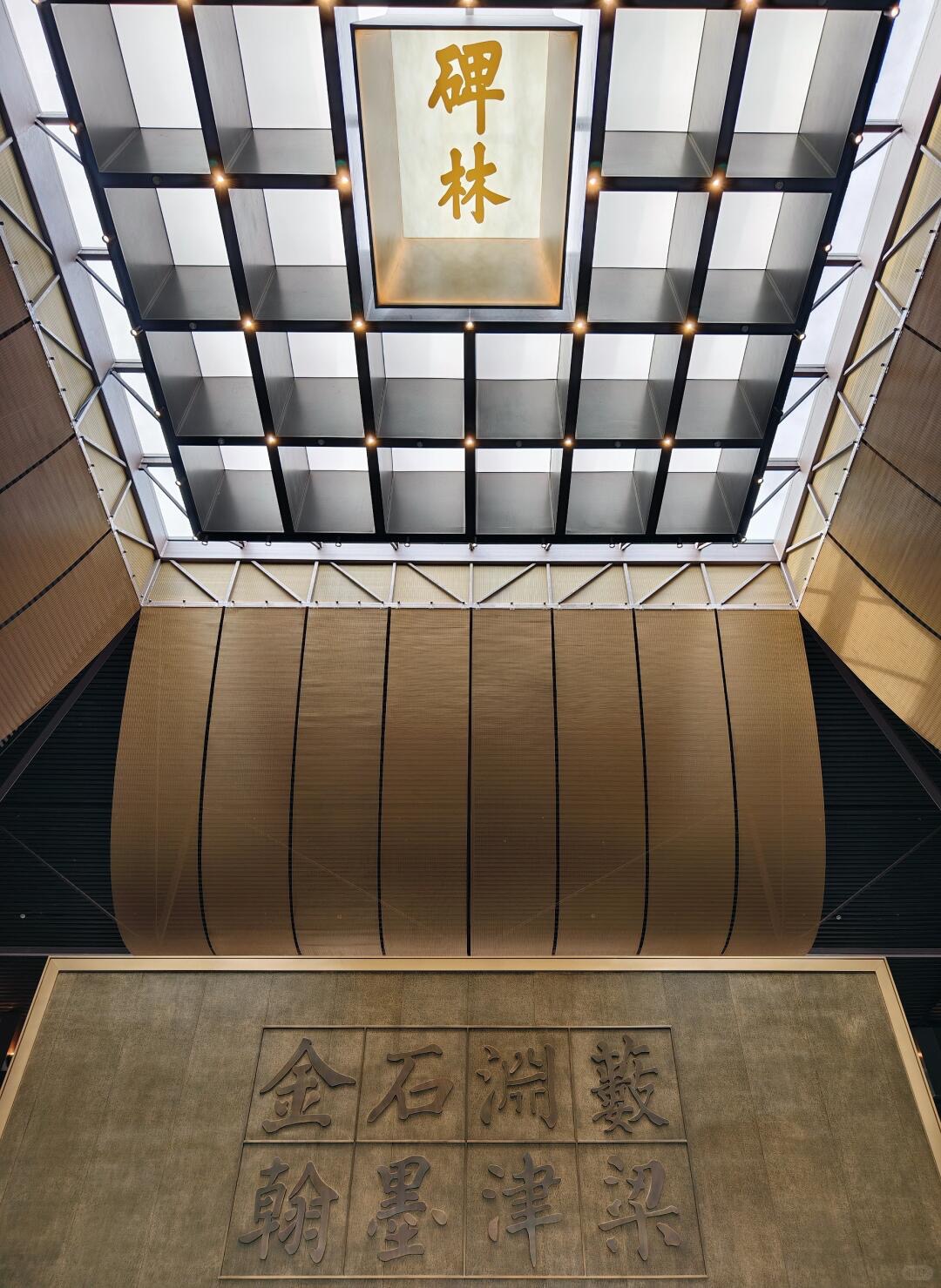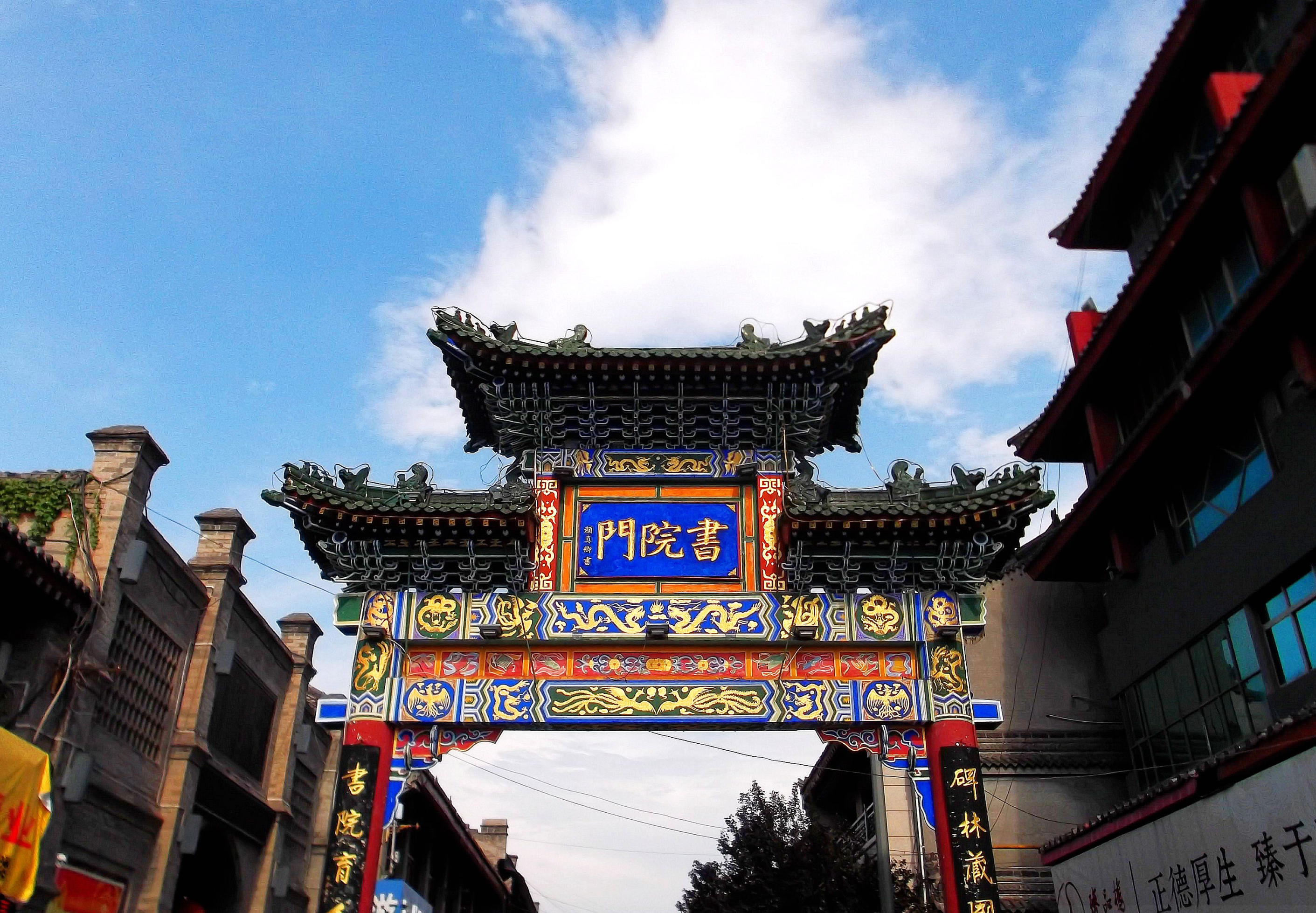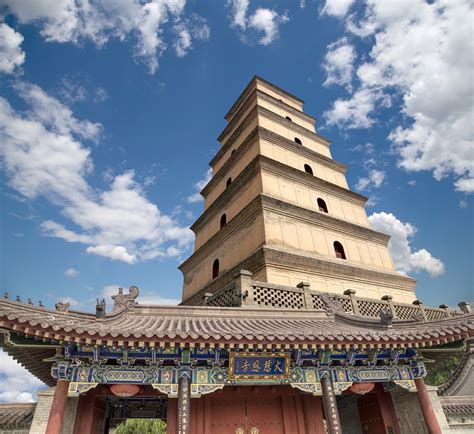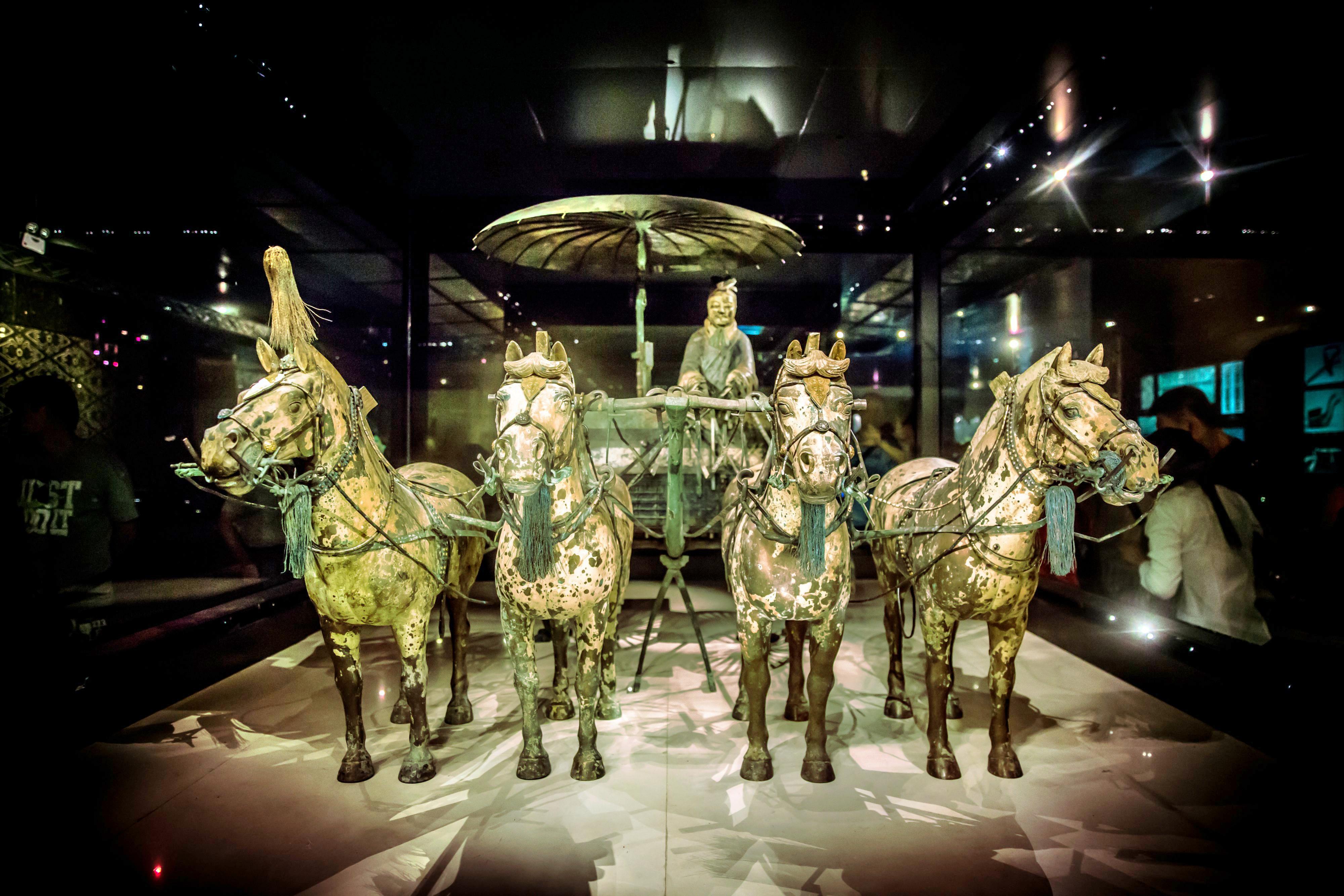

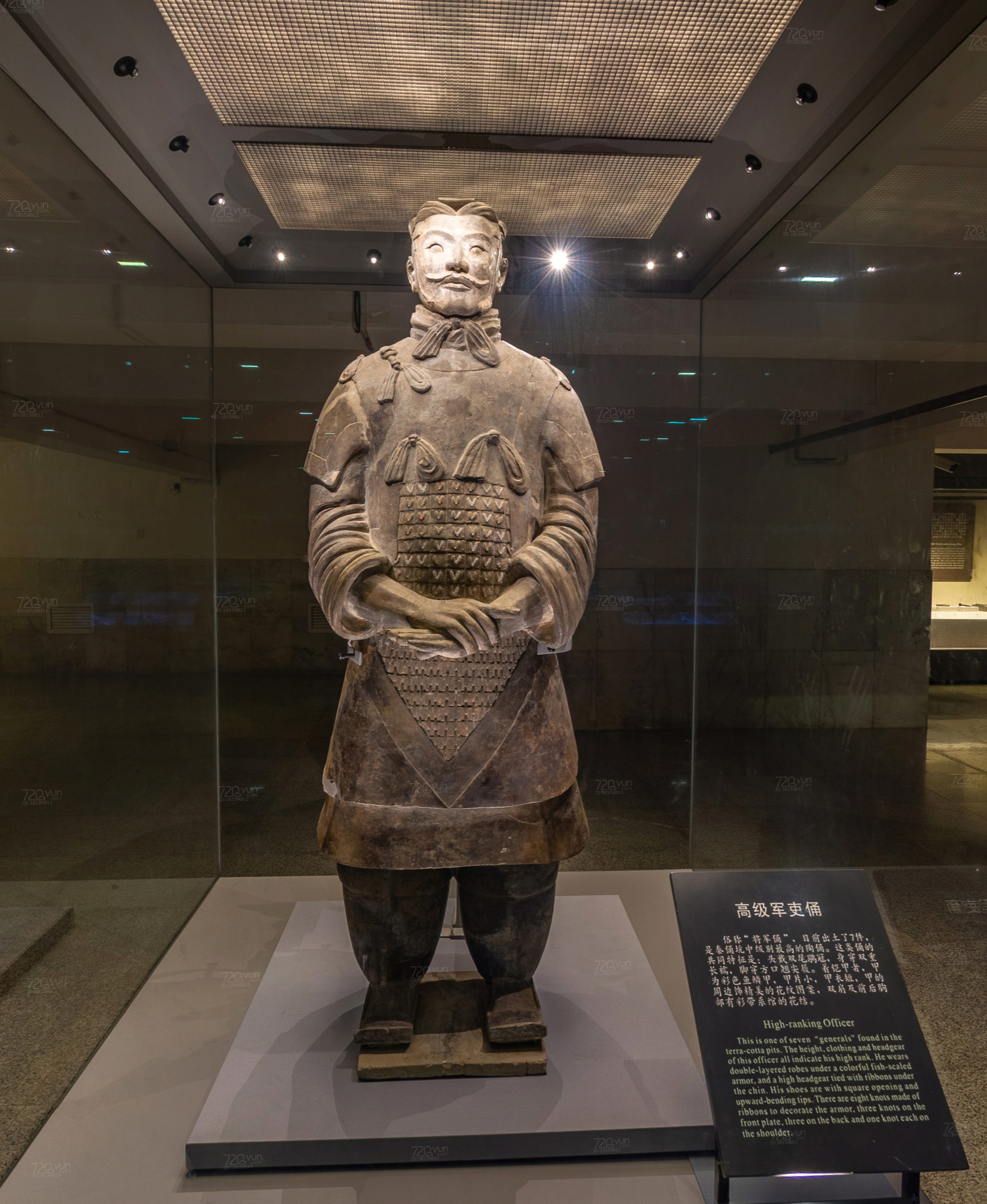
The Museum of Qin Terracotta Warriors and Horses
Located in the Lintong District of Xi'an, Shaanxi Province, the Museum of Qin Terracotta Warriors and Horses is a world-renowned archaeological site. Discovered in 1974 by local farmers, the museum showcases thousands of life-sized terracotta figures, including soldiers, horses, and chariots, which were buried with China's first Emperor, Qin Shi Huang, to accompany him in the afterlife. The site is often referred to as the "Eighth Wonder of the World" and offers profound insights into ancient China's military history, art, and culture.
Information
Ticket price
Time
Location
Qinling North Road, Lintong District, Xi'an, Shaanxi, China
View maps
More about the trip
The Museum of Qin Terracotta Warriors and Horses: The Eighth Wonder of the World
The Museum of Qin Terracotta Warriors and Horses, located in the Lintong District of Xi'an, Shaanxi Province, is a world-renowned archaeological site and a UNESCO World Heritage Site. Discovered in 1974 by local farmers, the museum showcases thousands of life-sized terracotta figures, including soldiers, horses, and chariots, which were buried with China's first Emperor, Qin Shi Huang, to accompany him in the afterlife. The site is often referred to as the "Eighth Wonder of the World" and offers profound insights into ancient China's military history, art, and culture.
What to See and Do
Pit 1: The Main Army: This is the largest and most impressive pit, housing over 6,000 terracotta warriors and horses in battle formation. You can walk along the viewing platforms and marvel at the sheer scale and detail of the army. The ongoing excavation and restoration work are also visible.
Pit 2: The Cavalry and Archers: This pit contains a more diverse array of figures, including cavalrymen, archers, and chariots, showcasing different military units and formations. It offers a closer look at the individual figures and their intricate details.
Pit 3: The Command Post: The smallest pit, believed to be the command post of the army, containing high-ranking officers and a chariot. It provides insights into the military hierarchy.
Exhibition Hall of Bronze Chariots and Horses: This hall displays two meticulously crafted bronze chariots and horses, discovered near the emperor's tomb. These are considered masterpieces of ancient Chinese bronze work and offer incredible detail.
Museum Exhibitions: Various exhibitions provide historical context about Qin Shi Huang, the Qin Dynasty, the discovery of the Terracotta Army, and the techniques used in its creation.
Best Time to Visit
Spring (March-May) and autumn (September-November) offer the most pleasant weather. Avoid visiting during major Chinese public holidays (e.g., National Day, May Day, Chinese New Year) as the site can be extremely crowded.
How to Get There
The Terracotta Army is located about 40 kilometers east of Xi'an city center. The most common way to get there is by tourist bus (Bus 306/833 or 307) from Xi'an Railway Station. Many tour operators in Xi'an also offer organized day trips.
Travel Tips
Arrive early: To avoid the largest crowds, especially during peak season, try to arrive as early as possible.
Wear comfortable shoes: You'll be doing a lot of walking within the museum complex.
Hire a guide or use an audio guide: The historical and cultural significance of the site is immense, and a guide can greatly enhance your understanding.
Be aware of vendors: There will be many vendors selling souvenirs outside the main entrance; be prepared to bargain if you choose to buy.

